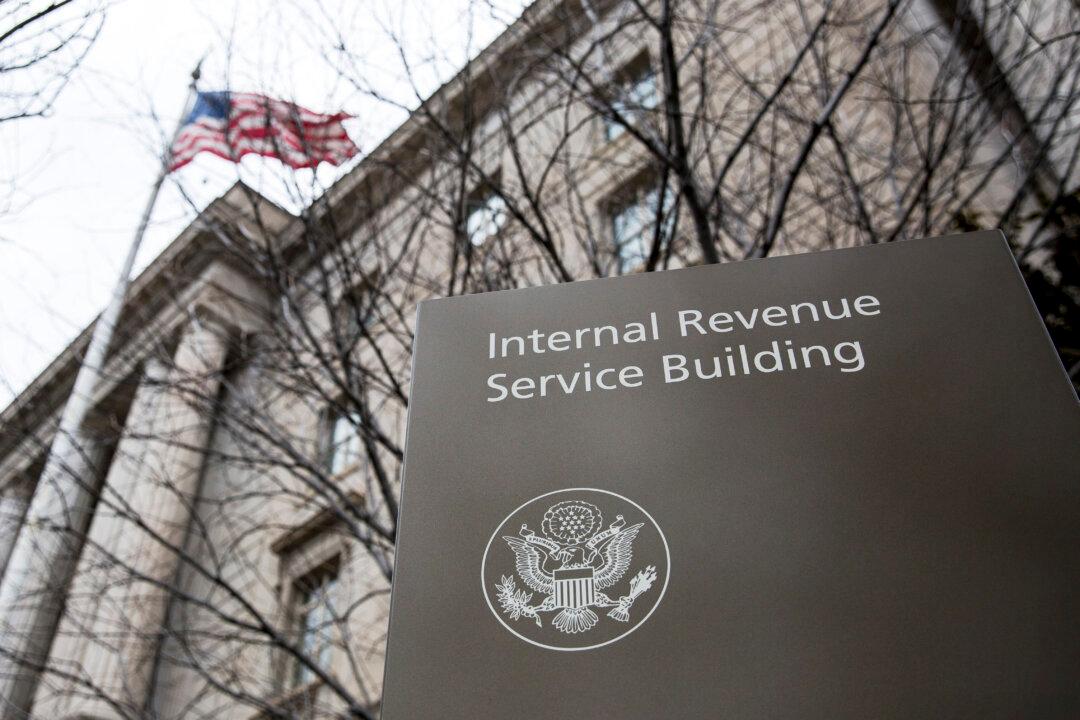Tax authorities and the Treasury have teamed up to launch a “Get My Payment” web application, which will make it easier for some Americans to get their economic impact payments quickly.
In a release Friday, the Internal Revenue Service (IRS), said the free app will help millions of people who don’t normally file a tax return and who may not have bank account information on file at the IRS.





